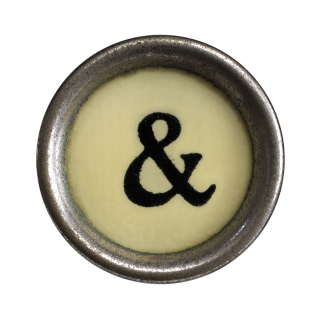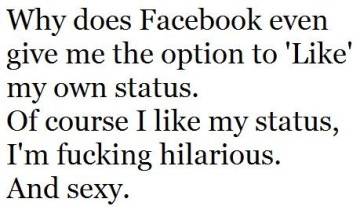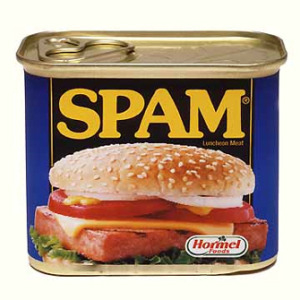Facebook is becoming a necessary marketing arm for successful medical clinics.
By Cary M Silverman, MD, MBA
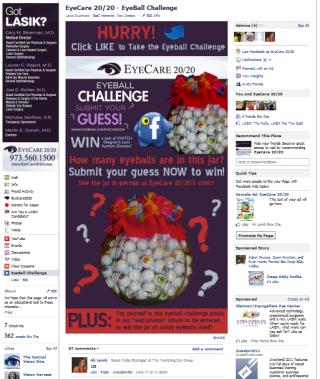
There are several reasons a medical practice should consider setting up a Facebook fan page:
- It's free.
- It gives you another way to communicate with potential patients through updates that will appear on their news feeds.
- You can promote events and services in your office.
- You can boost your SEO.
- You can promote brand awareness for your practice.
- Facebook can act as a funnel to your main practice web site.
- You can build a community for your patients.
Once you decide to set up a fan page for your practice, the next task is to build a fan base. A Facebook contest is an excellent way to achieve this goal. These contests offer several benefits:
- A highly cost effective way to build a database.
- 50% of online users enter a contest once a month.
- Contests can be highly targeted.
- Creates positive brand awareness for your practice.
- Patients can further spread word about the contest to all their friends.
Make Your Idea Social “Well my contest is on Facebook – so it’s social, right?” Wrong. Your Facebook fans are more excited to participate in a contest where they can help determine the outcome, than one where you pick the winner. Furthermore, when you require voting or involvement of some sort, that means your fans must find friends to join in their quest to win (hence “social word of mouth marketing”).
Keep it Simple
Do you fill out every field of surveys you get trapped into taking? Didn’t think so. Contests are the perfect way to gather important information about your fans (remember to tell them how you intend to use it), but only ask for the essentials so that you don’t miss out on any entrants. Remember that users will give you more information if you make it enjoyable, functional, and easy.
Real Original
This one should be a given, but you’d be surprised how many times organizations run extremely similar campaigns back-to-back. Fans don’t want to enter the same contest or participate in the same campaign over and over again on Facebook, and if you don’t catch their attention, they sure won’t tell their friends about it. The greatest Facebook contests are the most creative and memorable ones (just don’t over-do it and forget to keep it simple).
Know the Rules
If Facebook catches you doing something illegal they will delete your page and ban your practice from using the platform. So remember first and foremost that you must run your contest on a third-party application. We use Shortstack, which is fully customizable and affordable. Others include: Offerpop, Wildfire, and many more. You cannot require Facebook users to submit any content or take any action on Facebook itself (i.e. posting a photo to your page’s wall, liking, commenting, or re-posting content, etc.). You cannot announce a winner on Facebook which is actually a good way to drive people to your blog or website. Here are the current Facebook Promotions Rules and Guidelines so that you can remain compliant (they are always changing, so be watching).
It Starts In-Office
What better access do you have to potential Facebook fans and contest entrants than your own office? In a past contest we ran on EyeCare 20/20's Facebook page called “The Eyeball Challenge”, we started by attracting the patients in the clinic. We filled a large glass jar with candy eyeballs, posted a photograph of it on our Facebook contest tab, and directed fans to guess how many eyes were in it in a commenting section on the tab. The winning guess would receive a pair of sunglasses. This way people who knew us both offline and online could participate.
We had in-store signage at the front desk with a call to action and QR code taking patients right to the Facebook page to enter. We trained the entire staff to know what the contest involved, rules, and prizes so that they could urge patients to submit their guesses. We also designed takeaway collateral pieces so that those without smartphones could be reminded to enter when they got home.
This was an exciting way for us to inform our patients that we were on Facebook, and for some was their very first introduction to the social network. [As a side note: remember to speak in laymen’s terms, and be prepared to assist novice Facebook users.]
Come With All Guns A’ Blazing
Just as it helps us to have all parts of our bodies to perform at our highest level, our social media presence and success depends on the coordination of many factors. Plan your contest launch with a timeline marked with a dedicated email blast to your current database (don’t hide this in a regular email, give it its own special delivery date, if you are able to, without inundating your recipients). Be sure to include Twitter updates (reaching out to influencers in your niche, or local organization/people), digital and social media press releases, maybe an image or interchangeable banner linked to the tab, and utilization of any other platforms or people that you have at your disposal.
The Buddy System
Join forces with another party (maybe a prize sponsor). Bring traffic from their website, stores, brand name, etc. to increase traffic to your contest tab. Maybe a few months later you can offer to sponsor a contest for them. You can even offer your contest as an on-site giveaway at a major community event where people must enter on Facebook, and you announce the winner at the end of the event. Get creative. Just remember that the buddy system expands your network exponentially. It’s Okay to Spend a Little $
Facebook ads are a very effective way to gain not only entrants, but fans in general. When we initiated an advertising campaign for EyeCare 20/20, we increased our fans by more than 60%. And our contest entries quadrupled! Ads can be tricky, so play around with titles, ad copy, images, landing pages, and your bids until you get the right combination. These ads are great for local practices and organizations, so set a little money (and time to monitor) aside to find out what will work best for you! Converting New Fans to Patients
Some people become so consumed with getting new fans in running their contests that they forget to focus on bringing in potential leads. Focus on spreading the word with your current patients, local places where your target market can be found, and use ads that involve ad copy that will catch the eyes of prospective patients. Although numbers are important for establishing credibility and providing an audience for your later initiatives, remember to make each fan count.
Effects of a Campaign
Although your campaign may not make the Top Ten Promotions of All Time list… remember to take with you what you learned. Yes, you are going to get those few fans who are “Contest-Hoppers”, liking you, winning or losing, and then unsubscribing. Prepare to lose a few fans, but not to worry, the majority will remain with you. Remember to thank all of your participants, maybe even post a few examples from your entries (if you have permission in your rules), and continue to speak in your fun voice, building anticipation for your next campaign as soon as your current one ends to keep fans engaged.
Bonus Point: When overwhelmed, Get some Help
Sounds like a lot of work? Trust me – it’s worth it! For years, we did all our social marketing at EyeCare 20/20 in house. When we saw how much time and energy we were expending we decided to seek the aid of a professional online marketing team. We still spend a lot of time with our social marketing, but having this professional support has helped you to attain social media perfection. There are many excellent ones out there.
About: Cary M Silverman, MD, MBA is Medical Director of EyeCare 20/20 in East Hanover, NJ. He specializes in LASIK and refractive cataract surgery. You can read his blog or connect with him on LinkedIn.
Submit a guest post and be heard
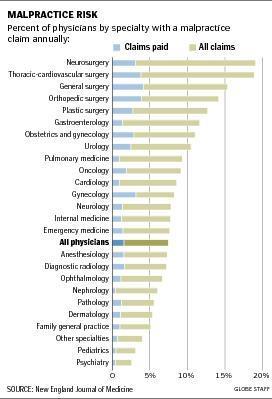





 3 Comments
3 Comments
